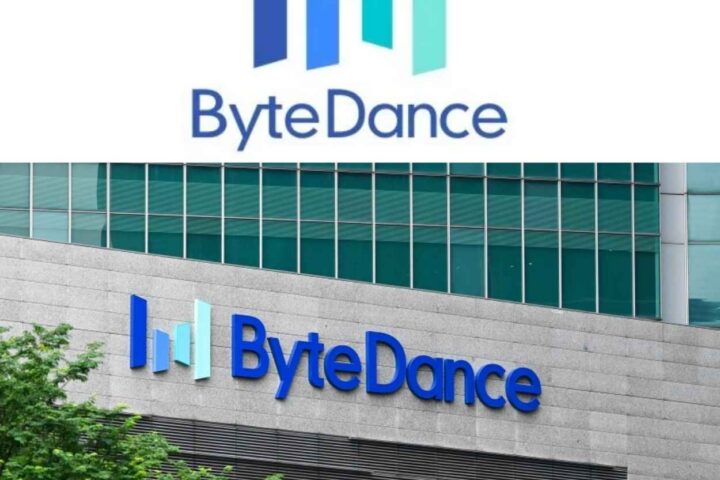Organizations from a variety of industries use Enterprise Resource Planning (ERP) software. There are types of businesses that see more benefits of ERP.
Benefits Of ERP
Specifically, key business benefits of ERP software are:
1. Enhanced Business Reporting
Better reporting tools with real-time information, allows more informed business management decisions across the organization. ERP systems integrate components of an organization into a detailed business model that shows the sources and uses of an organization’s revenue, as well as, the costs and expenses incurred to generate that revenue.
2. Profitability Improvement
Over 90% of companies listed on the Fortune 500 use ERP solutions to help them run their company and improve profitability.
3. Maximized Workforce Efficiency
ERP solutions are used to develop a more effective business model, and to optimally utilize your workforce. Less time is needed to complete essential business processes with the assistance of an ERP system. Staff can then focus on jobs that will add more value to the organization.
4. Increased Customer Focus
With the enhanced reporting, businesses can make more informed decisions that directly affect customer relationships. With more comprehensive and accurate customer information, it allows better communication among your customers and also between the business and its own internal departments. This improves service, and therefore, customer satisfaction.
5. Ease of Data Management
Data management is a challenge for many organizations. When data is integrated into an ERP system, it is centralized in one place, which simplifies the data storage and management tasks.
6. Improved Productivity
ERP systems allow people on a team to collaborate and communicate with others in real-time. In addition, team members can request access to data from on-demand reports at anytime, and in turn, update the data for reporting.
7. Business Continuity
In the event of a disaster, the point-of-sale data, inventory information and other business-critical information necessary to get your business up and running, is safely retained in an ERP system.
8. Improved Business Intelligence
ERP systems have advanced analytical capabilities and offer business intelligence information to help improve business decisions. This includes, predicting customer demand, and allocating limited resources so that you can be more profitable.
9. Time Saving
ERP systems automate many business processes. For example, if you order more products from a vendor, your ERP system will automatically update your inventory in real-time, at the point of sale, and at each location. This means that employees will not have to enter the data manually.
10. Lower Costs
ERP systems help businesses reduce cost. Data is more easily transmitted and communicated with the help of an ERP system. Employees are able to collaborate more efficiently with the use of an ERP solution. This reduces errors and helps to better utilize your workforce’s time.
11. Innovative Business Model
An ERP system improves a company’s ability to respond to new opportunities, and expand their business by implementing new technologies and introducing new products.
12. Enhanced Prescriptive Analyses
ERP systems are a prescriptive solution that are used to analyze business processes to make them more efficient as compared to manual solutions. For example, an ERP system will flag a transaction such as an incorrect amount or charge. This would not be possible with manual systems, and ERP solves this problem.
13. Enhanced Control and Visibility
ERP systems are a legal compliance solution that helps an organization to better control business processes, improve financial performance and increase business effectiveness. These solutions also provide organizations with greater visibility and control over business operations, and the ability to identify and track revenue and cost more accurately.
14. Boosted Customer Satisfaction
ERP systems work in conjunction with the human resource and the customer relationship management solutions, which help businesses manage and focus on customers. When employees have real-time and more comprehensive information, they are able to provide better customer service. This creates better customer relationships, which appears to improve customer satisfaction.
15. Adaptability of Human Resources
ERP systems allow for better communication. Employees are able to more easily communicate with each other, and with customers. This ability is enhanced with the centralization of data in an ERP system that is made available to employees with the push of a button.
16. Integration with Mobile Devices
An ERP system allows you to access the system from mobile devices. This provides easy-access to data from anywhere. This is a crucial component to having a successful ERP system.
17. Improved Regulatory Compliance
ERP software solutions help businesses establish their internal control and enhance their business process. In addition to ERP’s ability to automatically include a variety of regulations to its business processes, it will also automatically incorporate a company’s custom regulations created in the ERP system.
18. Improved Integration with Cloud Services
ERP systems are designed to fully utilize the cloud by having the ability to easily and securely connect to cloud services.
19. External Sourcing Solutions
ERP systems assist an organization in identifying what should be in-house, and where they should be sourcing from an outside supplier.
20. Ability to Customize
ERP systems allow businesses to customize their business processes for their specific industry.
21. Scalability
ERP systems have the ability to scale as a business grows. This capability facilitates an organization’s ability to control their operations.
22. Reduced Risk
ERP systems are secure and reliable solutions that are less likely to be hacked.
23. Cost Savings for Education
ERP systems that are cloud based can also be integrated into the educational system. For example, tablets and computers in the classroom can utilize an ERP solution for data on homework assignments, gradebooks, and a variety of other educational data.
ERP solutions allow businesses to manage their operations, control their costs, boost their profitability, and to grow their business. The benefits of an ERP system clearly include many aspects of an organization from increasing profitability and growing the business to helping them save money on education.











